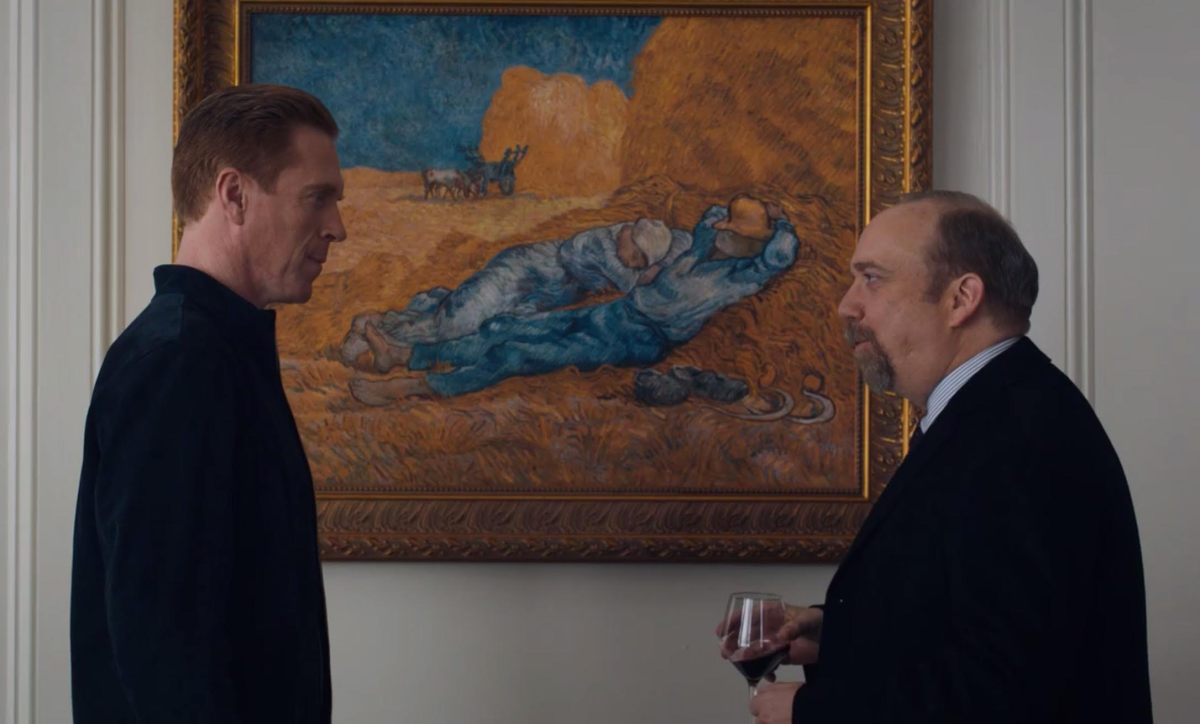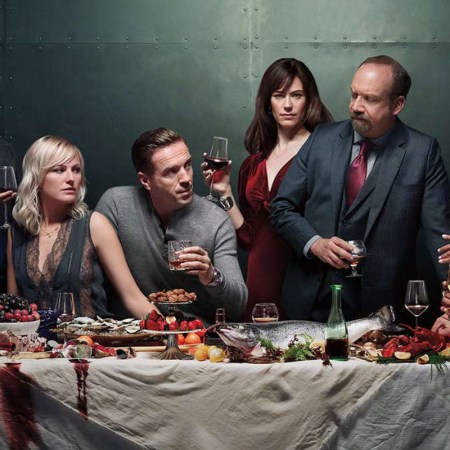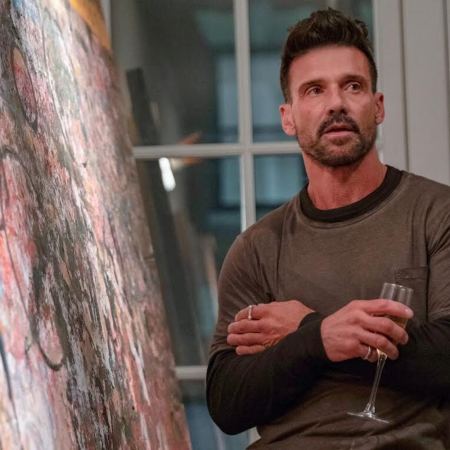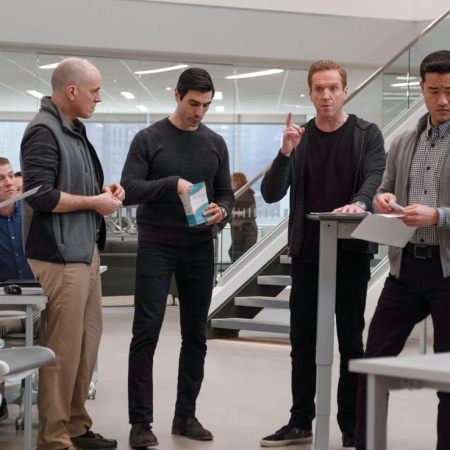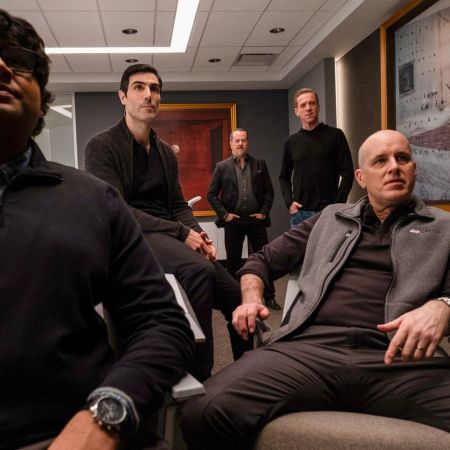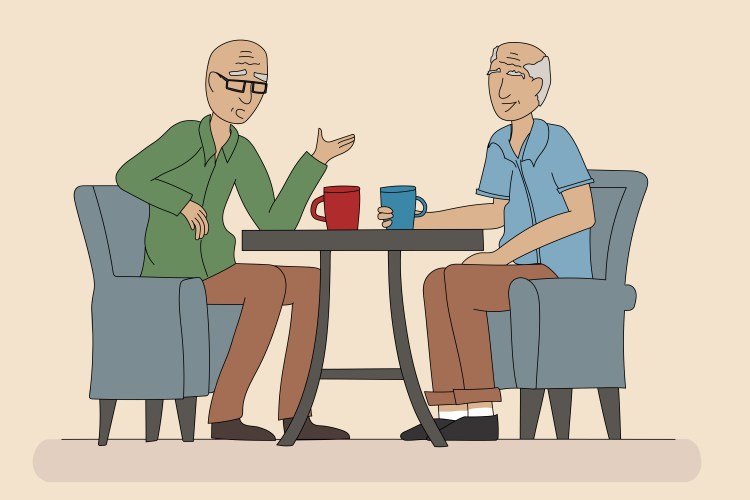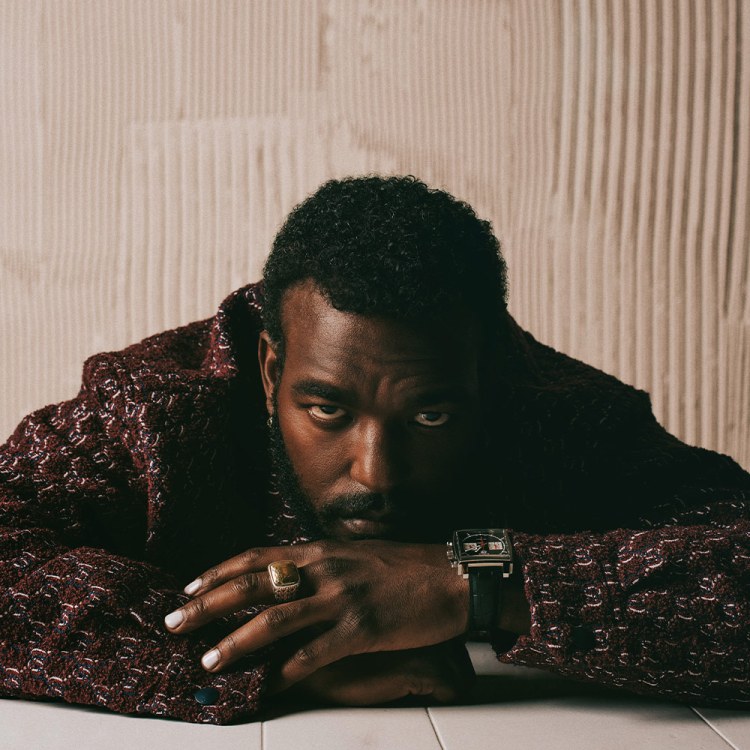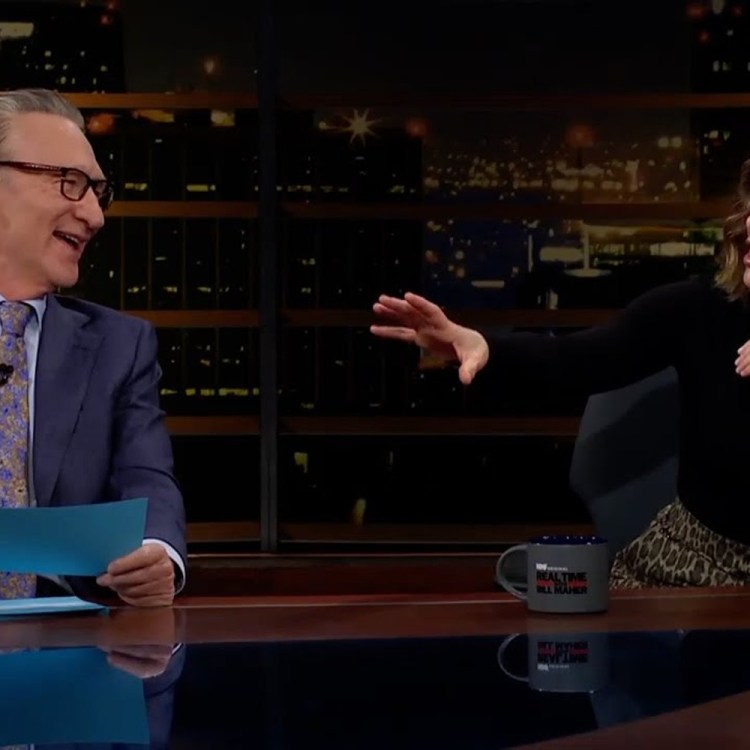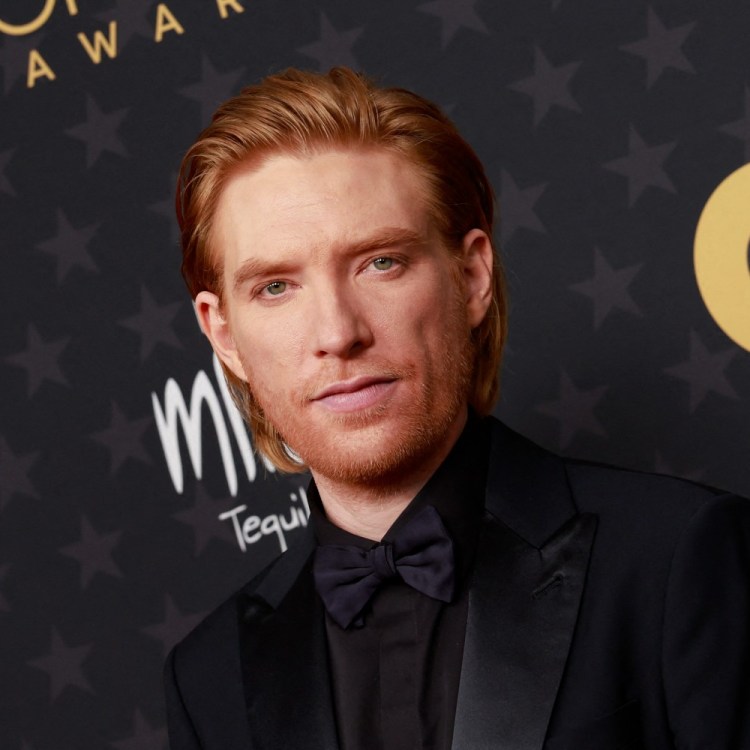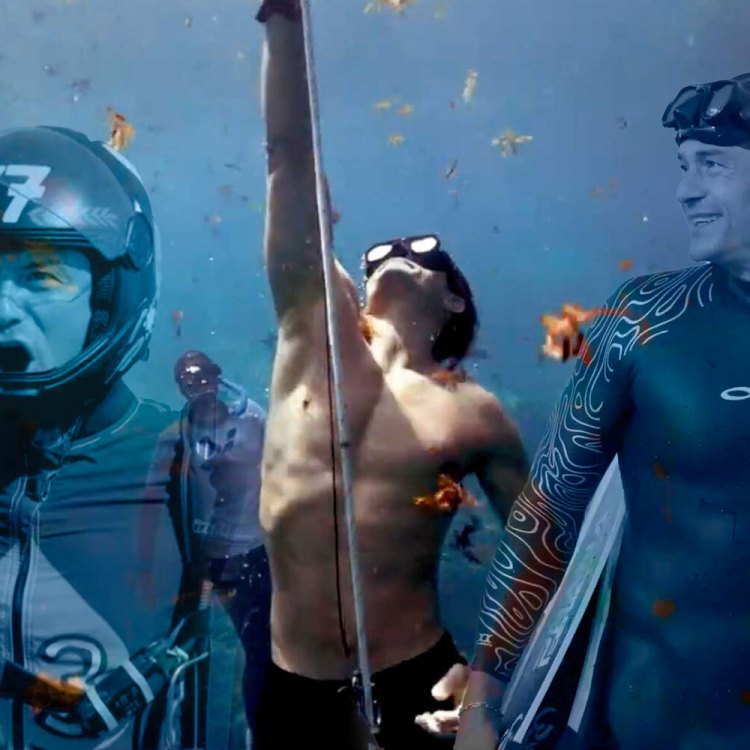Every Sunday night, we’ll be diving into the latest episode of Billions — the best finance-driven dramedy on premium cable — with a technical assist from Elliot Grossman, a veteran of the financial services industry. Since Billions is loosely based on real characters, we’ll be homing in on how the show tracks with the real world events and situations that inspire it. But of course, we’ll also be celebrating its wild excesses, shoddy ethics, endless cringes and highly questionable dancing.
Last week, we tackled Season 5’s extremely frisky episode, “Contract.” This week, we’re taking a look at the “Nordic Model.”
The Art of Impression
The Colossus of Rhodes was one of the Seven Wonders of the Ancient World, an enormous statue of the sun god Helios that welcomed travelers to one of the Greek island’s harbors. Built in 280 B.C., the Colossus of Rhodes was made of bronze and stood at about a third of the height of the Statue of Liberty. Sadly, not long after it was built, it fell in an earthquake, buckling at the knees. For centuries, before it was liquidated by an invading army, it remained an attraction, even in pieces.
In this week’s episode of Billions, the Colossus of Chuck Rhoades got his revenge on the sacred-art cosmos by pouring a glass of Bordeaux directly on Axe’s priceless canvas, Van Gogh’s “Noon: Rest from Work.” A somewhat well-known fact about the painting is that it was created while Van Gogh was interned in a mental asylum in Saint-Rémy de Provence. But no matter how despairing Van Gogh might have been, it may not have matched the temporary madness that overtook Bobby Axelrod when his mortal enemy caught him in a lie and taunted him.
Lies, ersatz replicas, impressions and imitations were the theme of this week’s nutso episode of Billions. Axe is hiding fake art in real tax havens. Chuck believes he is physically and metaphorically no match for his father and his ailing kidney. And not even Chuck Sr.’s bastard sons can save him.
Then there’s Nico Tanner, an abstract artist suddenly humbled into doing Fine Arts 101 impressionist work for either love and money. Taylor Mason acts like the head of a virtuous impact fund until they have to win out for business against the paragon of purity himself, Oscar Langstraat (Mike Birbiglia). Axe has to pretend to be a charitable gallery in order to avoid trouble and still appear worthy of a bank charter (which he isn’t). Obviously, Spiros is no Mensa candidate. And, as we learn in the closing minutes of the episode, America’s puritanical attitude about sex work is no match for the Nordic model.
We’re now halfway through this season and what all of these pressures and distortions add up to are the characters being pushed to their limits. How far will Axe actually go to get himself a bank? Can Chuck keep the monster in him in check? Can Taylor remain noble when business often means war? Can Wendy, a member of the Mensa for EQ, manage to stay loyal to all of her highly entangled partners? If this episode is any indication, the rest of the season is going to be nuts.
Whale Fart or Hot Air?
Between a wild art heist and some truly disturbing horse-trading between Attorney General Chuck Rhoades and Manhattan DA Mary Ann Gramm, there was one particular scheme that may have been overshadowed. In it, Taylor Mason’s reform-minded impact fund is courting a start-up specializing in methane reserves.
First, I want to note that the way that Rian at Taylor Mason Carbon first identifies underwater methane as a potential growth area is by creating a tool that scrapes the Twitter accounts of VCs. The tool finds accounts that VCs are starting to follow and derives patterns accordingly. This is the second time this season we see the tech-forward folks at Mase Capital use an unconventional device to create a business opportunity. (Last time, it was an AI-powered voice analyzer that detected the speech of a university chancellor and determined that he wanted to divest from fossil fuels even as he was delivering a speech saying the opposite.)
I know we’re working with dramatized fiction here, but I’m curious about the money-making potential of some of the finance-driven plotlines this season. E.g., how does underwater methane ultimately become money? Fortunately, our finance guide Elliot had some thoughts to share about that.
“The show talks about ‘ideas’ as investments. Yonkers is a great ‘idea.’ Carbon Capture is a great ‘idea,’” Elliot explains, adding that, “neither of these are ‘investments’ or opportunities in and of themselves. An investment is an idea that has been executed to produce a tangible result, which can be ascribed value. That value could be cash flow from rental income or intellectual property from a unique chemical process or a business that produces and sells goods/services.” Well, there you have it.
Odds and Ends
- For those curious, aspiring oenophiles out there, the lowest price I could find for a bottle of 2010 Château Haut-Brion, Axe’s “house red,” was about $900, not including taxes and shipping.
- One of the patented esoteric shoutouts in this week’s episode was to infamous mob lawyer Bruce Cutler, who not only landed John Gotti a number of acquittals, but also punched out a guy at a Manhattan steakhouse as recently as 2013.
- Lastly, the story about The Steves (Wynn and Cohen) and the punctured Picasso is another piece of art lore that’s actually true. Here’s a great telling about how the $40-million elbow went down.
Till next week, don’t get biblical on us.
This article was featured in the InsideHook newsletter. Sign up now.
